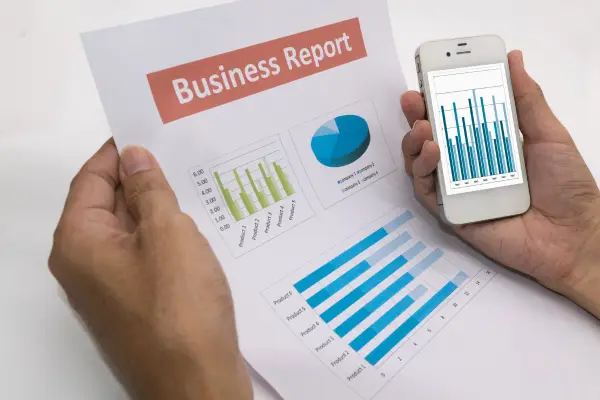Your customers prefer to keep their cash in their pockets. Few people actually like spending money. They may like what they purchase, of course, but the act of seeing money fly out of their bank account is not something most people enjoy. No matter how good your products and services, most of your potential customers want to keep their wallet firmly shut, or their business budget untampered with.

So how can you persuade them to dip their hands into their piggy banks and give you the cash, rather then keep it to themselves? The answer is to not try to sell them what you really want them to buy. Sounds strange doesn’t it? But let’s imagine you have an online store that sells office equipment and stationery. What you really want people to buy is your most profitable item of the moment, a document shredder at £125, say. Offer that to people and they will keep their purse firmly in their pocket.
Instead, offer the potential buyers something they really need – cheap printer paper, for instance. At just £1.99 a ream, they are bound to want it. Once they have committed to buying a small ticket item it is much more difficult for them to pull out of the transaction. After all, it’s only £1.99, they say to themselves.
So, you then offer them something at, say £4.99. That’s not such a difficult jump for the buyer to mentally negotiate, so they add the item to their shopping basket. Each time, they take one small step, it is more firmly connecting them to their purchases. However, if they take an immediate large step – say straight to £125 for the shredder – they can easily disconnect from the idea and abandon their shopping trip.
If people commit to something small, it is easier to get them to subsequently commit to something large. Savvy car dealers do this all the time. They get potential car buyers to consider something small, like the in-built Sat-Nav. They spend ages talking about how marvellous it is and get the customer to commit to the notion that they would really like the Sat-Nav in their next car. Hooked. Now, the sales person is going to find it much easier to get them to buy that £25,000 car because they are already emotionally connected to a small step – the Sat-Nav.
Online, you can do this easily. Sell a small product, such as an ebook to get people to emotionally connect with your organisation or company. Once they have done that, it is then easier to get them to buy something slightly more expensive, such as a DVD. This concept is called the “escalation of commitment”. It is seen in all sorts of situations. Even organisations such as those dealing with addicts to alcohol or gambling use this; make a small step at first such as simply asking for information on a group. Then come along and “see what happens”. After that, you can join in for a while if you want. This gradual “drip, drip” process means it is much easier to gain commitment to the group therapy sessions than an “in at the deep end” approach.
The psychological use of commitment escalation is seen all over the business world – trials of software, tasting sessions for new food items, or joining a customer “club”. All of these raise the commitment level of the individual, resulting in increased sales. So, what are you doing in your business to get that initial, easy-to-do, first step that inevitably leads to a growing emotional attachment to your business?

